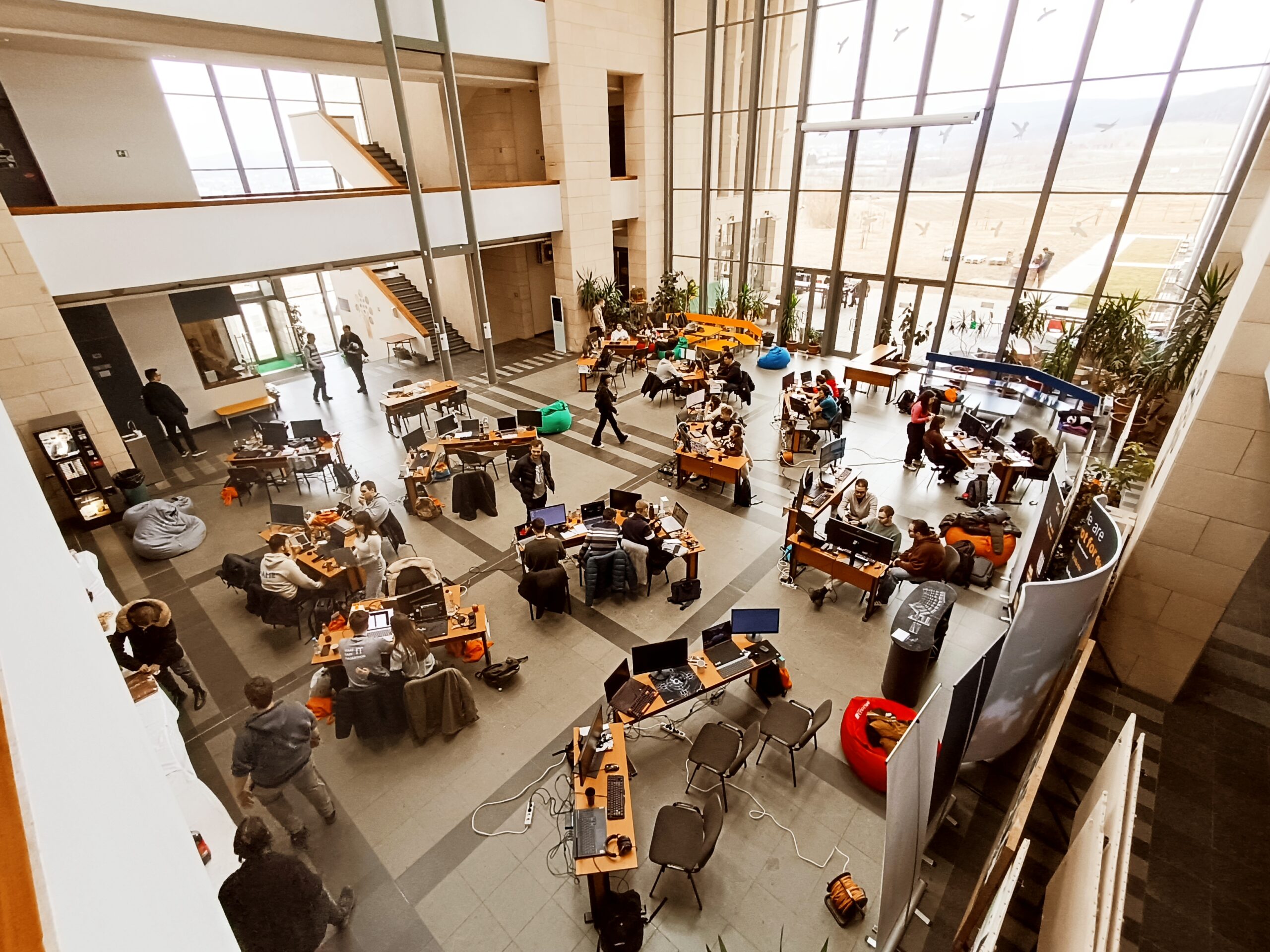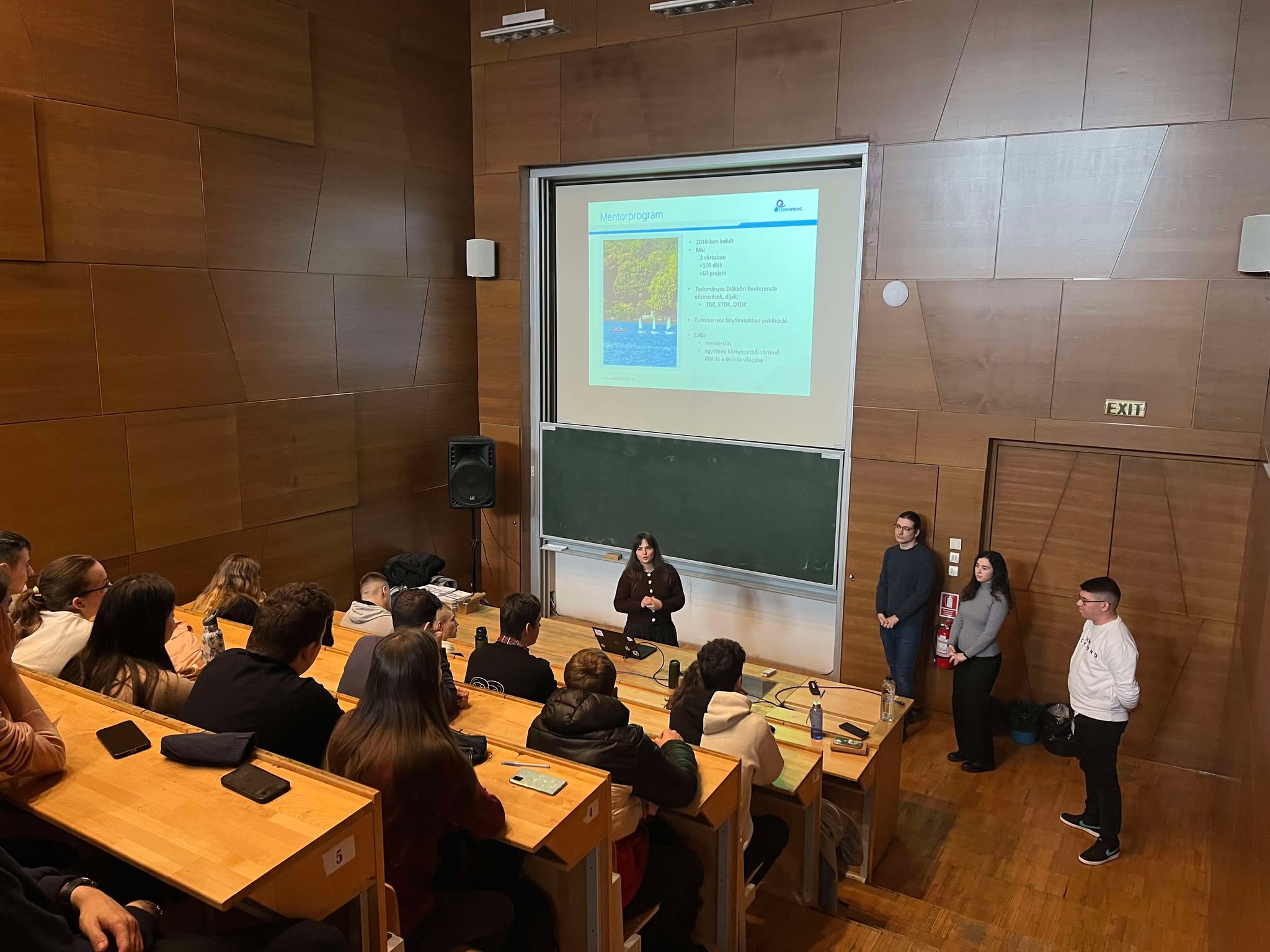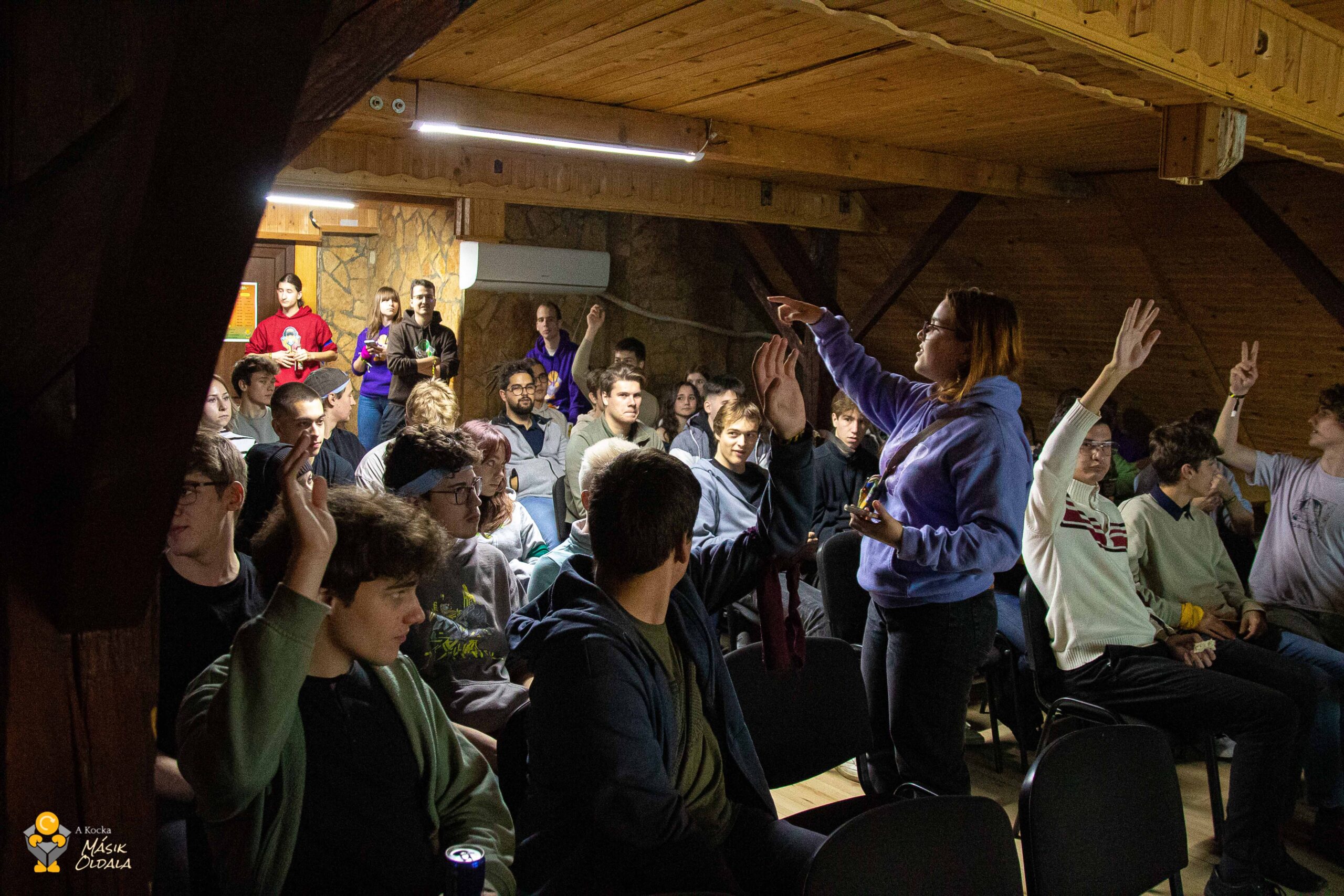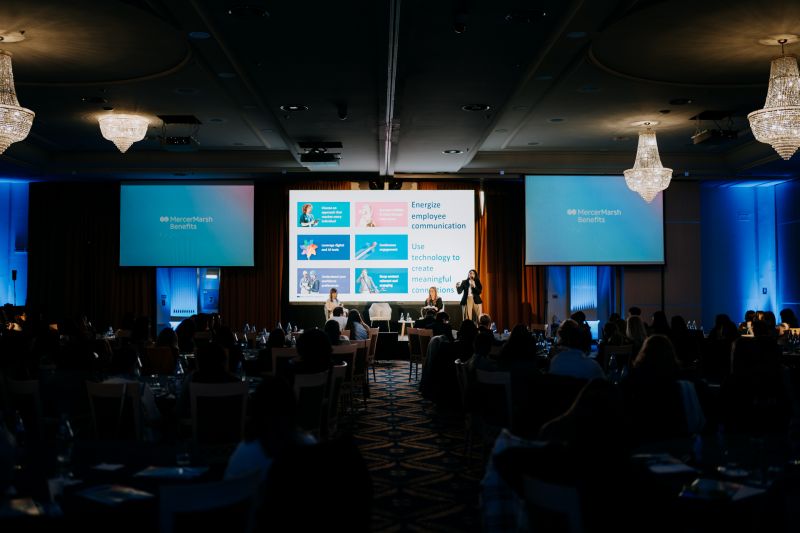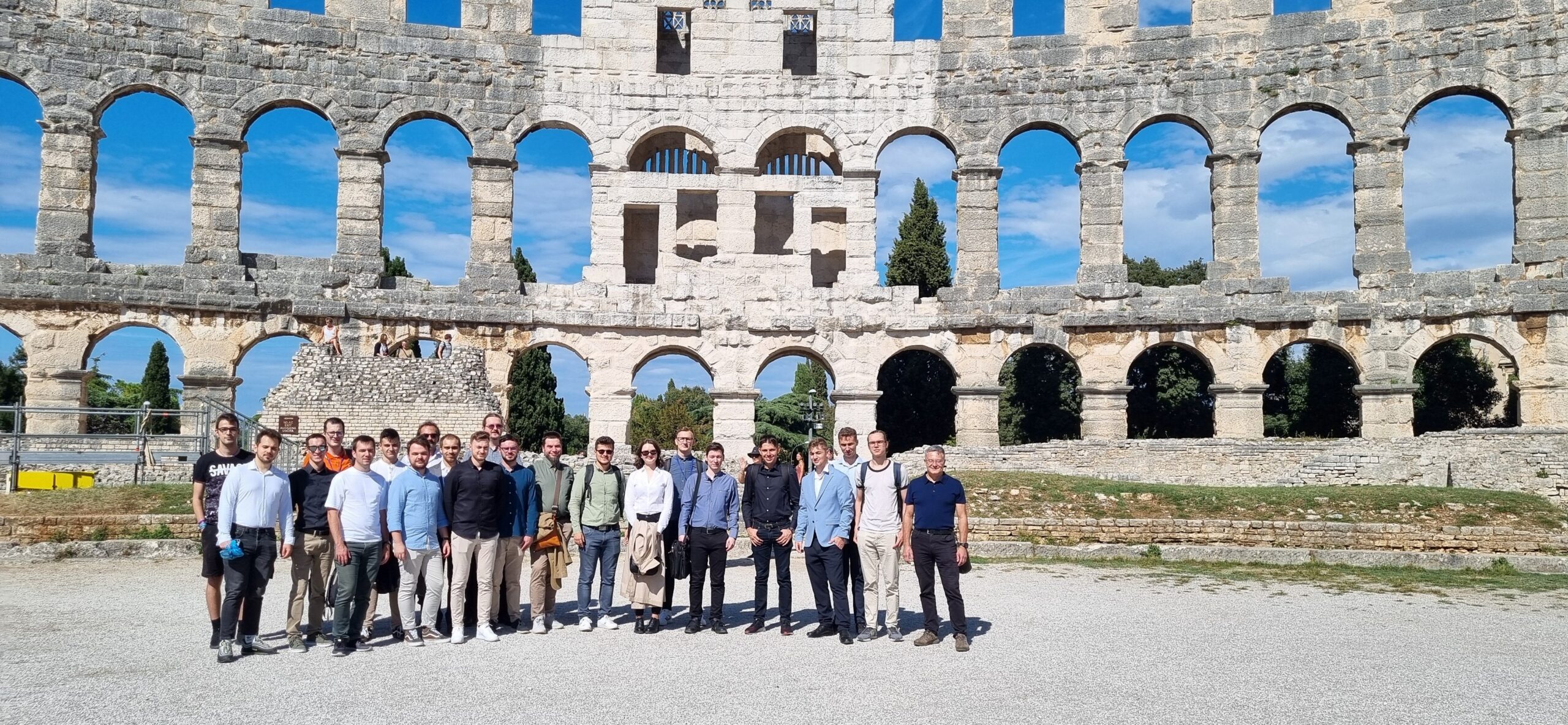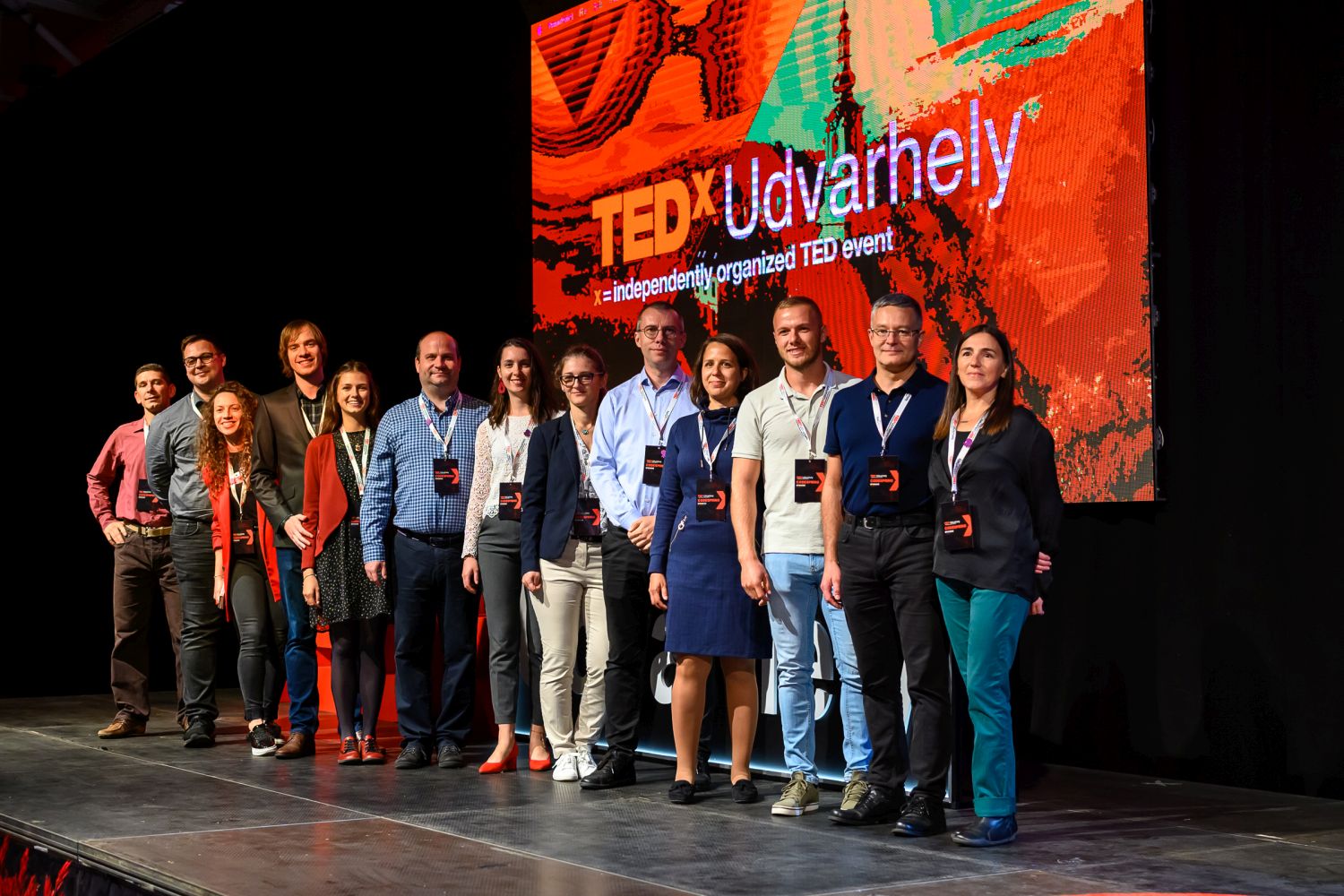
Mr. Levente Szélyes, is currently the owner and CEO of Codespring, a Romanian software development and outsourcing company from Cluj-Napoca. He is one of these passionate software engineers who in the mid-90’s dared to have a different vision on how software development services could be deployed, at the time. Teaming up with skillful engineers was the cornerstone of his ITC entrepreneur journey. After setting up a software company in 1998, he entered a BOT (Build, Operate and Transfer) contract with the largest ITC company in Germany. Subsequently, Mr. Szélyes established the software house named Codespring. The little 1,2 million USD business, is carried by a team of +50 software engineers, providing creative input and technical expertise over the full software development life cycle, to USA and European customers.
In order to give you a glimpse about the mindset behind the story, Mr. Szélyes shares his thoughts and intentions showing openness and solicitude.
1. Why is it still a good option to outsource software development in 2014?
As I have recently been discussing this topic with one of our potential customers, outsourcing software development processes still worth for its impressive financial effects. Not only should one regard the blunt cash-flow sheet, but the overall financial balance sheet: diminished direct HR costs, lower taxes, decreased indirect costs, almost no fixed costs for the development project team. Secondly, one of the greatest assets of any outsourced project is the capability to access ever changing technologies in a quick and professional manner, without additional training costs. In short, the customer gets to focus on its core business.
2. How did outsourcing style to Cluj change in the last years? Is there anything noticeable at Codespring?
My first thought is that ten, fifteen years ago customers used to choose Cluj mainly because it was so much cheaper compared to their home countries. That generation of engineers forms now the senior software engineers’ pool. New generations are rising, but the major shift is that if back than we did mainly implementations, today the full software development life-cycle is being outsourced to Cluj teams. Both the creative processes and the project management are being trusted to local companies. In addition to the inherent technology changes, I would also mention the prevalence of Agile processes. At Codespring our customers prefer an Agile approach and I find it suitable for achieving the goals and requirements of the handled software projects.
3. What are the trends for IT professions in Cluj region?
As data reveals it, IT professions are on an ascending trend in Cluj. A main aspect is that Cluj teams serve up to 90% external markets, while in the capital city – Bucharest – IT professionals serve to a great extent government-driven projects, products and solutions serving the domestic market. Thanks to the presence of elite institutions and to several research and development centers, one of the noticeable trends in Cluj is the search for rare skills and competences. Cluj is steadily turning into a research and innovation hub, phenomenon that will affect the demand for specialized and ultra-specialized information technology professionals. I consider this as an opportunity for Cluj-Napoca to position itself as a creative IT community.
4. What are the main technological shifts that affect software development outsourcing?
The fact is that technology is changing fast and our customers must keep up with it in order to achieve end-user satisfaction. The key nowadays is to tame the migration processes towards mobile technologies or to bluntly think “mobile first”. We, as a software development team, must absorb and master technology changes so that we can build best-of-breed products and solutions. The M2M (machine-to-machine) has considerably affected the nature of projects, their architecture and the way we must approach the circulation and organization of Data.
5. What impact has the CLUJ IT Innovation cluster on the Cluj-Napoca IT community?
Definitely it has a general positive effect: the members of Cluj IT Innovation cluster have improved their communication, the common actions are targeted towards conveying the image of Cluj IT community on the broader international ITC map, and there are signs of increased cooperation among partners in order to serve massive projects. In the end, we consider that the cluster will be able to achieve its mission and attract considerable capital for innovation in information technology. All the members strive to establish Cluj-Napoca as a center of IT excellence, and that is a great motivation factor for all stakeholders.
6. What about Codespring plans for 2014?
According to our long-term strategy, we will strive to foster innovation and technical excellence. Based on our previous experience, this is feasible only within the frame of strategic partnerships. That is why in 2014 we will continue fine-tuning our current cooperation and keep increasing our competitiveness in new technologies. It is also necessary that we continue our efforts in promoting Cluj-Napoca as a suitable location for software development outsourcing in a relevant manner. Should there be interest in finding more about Romania, Cluj and Codespring, we invite you to visit our website or write us.

